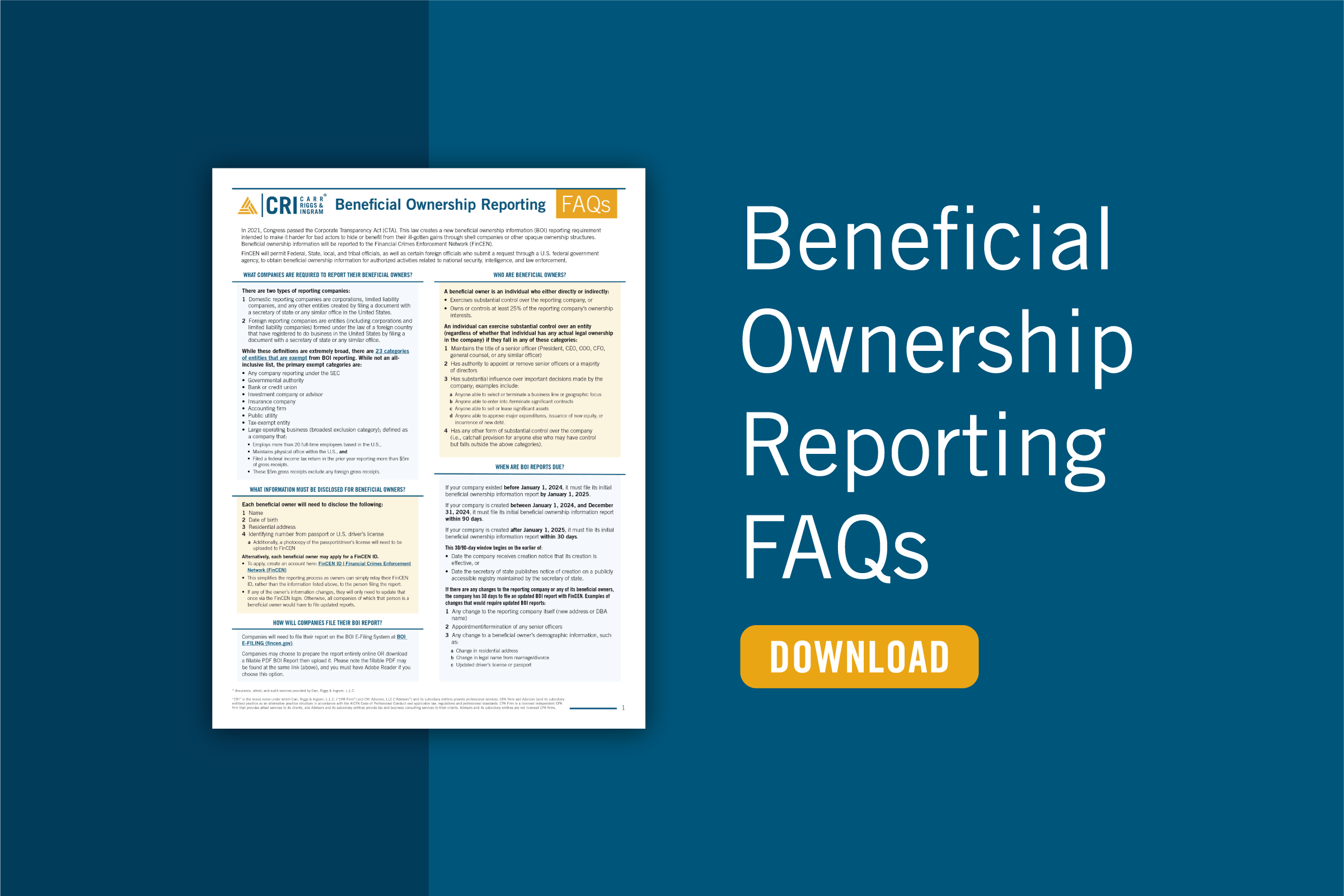How to Be Prepared With a Business Continuity Plan
- Contributor
- Madonna Stafford
Jan 19, 2024
It's often said that failing to plan is planning to fail. This adage holds especially true in business, where a well-crafted business plan is universally recognized as a cornerstone of success. However, a critical element frequently overlooked by many business owners is developing a business continuity plan, which is essential for ensuring the resilience and sustainability of a company in the face of unforeseen challenges and disruptions.
What Is a Business Continuity Plan?
A business continuity plan serves as a company's multifaceted tool, akin to a Swiss Army knife. This comprehensive plan should detail the company's strategies for handling emergency scenarios. Key processes typically encompass a range of actions such as data backup, remote operation capabilities, communication protocols for informing customers about emergency shutdowns, guidelines for notifying employees about altered working hours, and well-defined steps for resuming business operations post-disaster — all of which ensure a structured and efficient response in times of crisis.
Off-Site Data Backup is Critical
Backed-up, off-site data is retrievable on demand. If a company’s data backup exists only on site, then it could be damaged by a flood, fire, theft, or another disaster. Even if it is undamaged, it may still be inaccessible if the premises are unsafe after the disaster. By contrast, if the data exists outside of the environment of crisis (i.e., in an off-site location through cloud services, thumb drives, CDs, external hard drives, etc.), then the business owner and employees may access it and immediately begin the business recovery process.
Off-site data backup is accessible during a disaster, which allows the company to continue operations. While some companies (especially retail establishments) must operate on the physical premises, others can be operated remotely. When data is backed up off-site, then the business can access the data during the disaster and continue to operate “business as usual,” preventing any interruption. This plan means less inconvenience for clients as well as a continued income stream – even during a disaster.
Expect the Unexpected
No matter how unlikely a business owner feels the possibility of disaster is, they should have an emergency contingency plan in place that includes instructions for off-site data backup. Backup should be conducted at regular intervals and stored with a trusted cloud service provider or appropriate facility.
CRI Can Help You Develop Your Business Continuity Plan
CRI's team of consulting professionals excel in assessing and advising on strategies to minimize risks. They can provide essential recommendations for tools such as disaster recovery and business continuity plans, which are crucial for safeguarding your organization against unexpected challenges. To ensure your business is prepared and resilient, contact your CRI advisor today for tailored solutions and expert guidance.


















































































































































































































































































































































































































































































